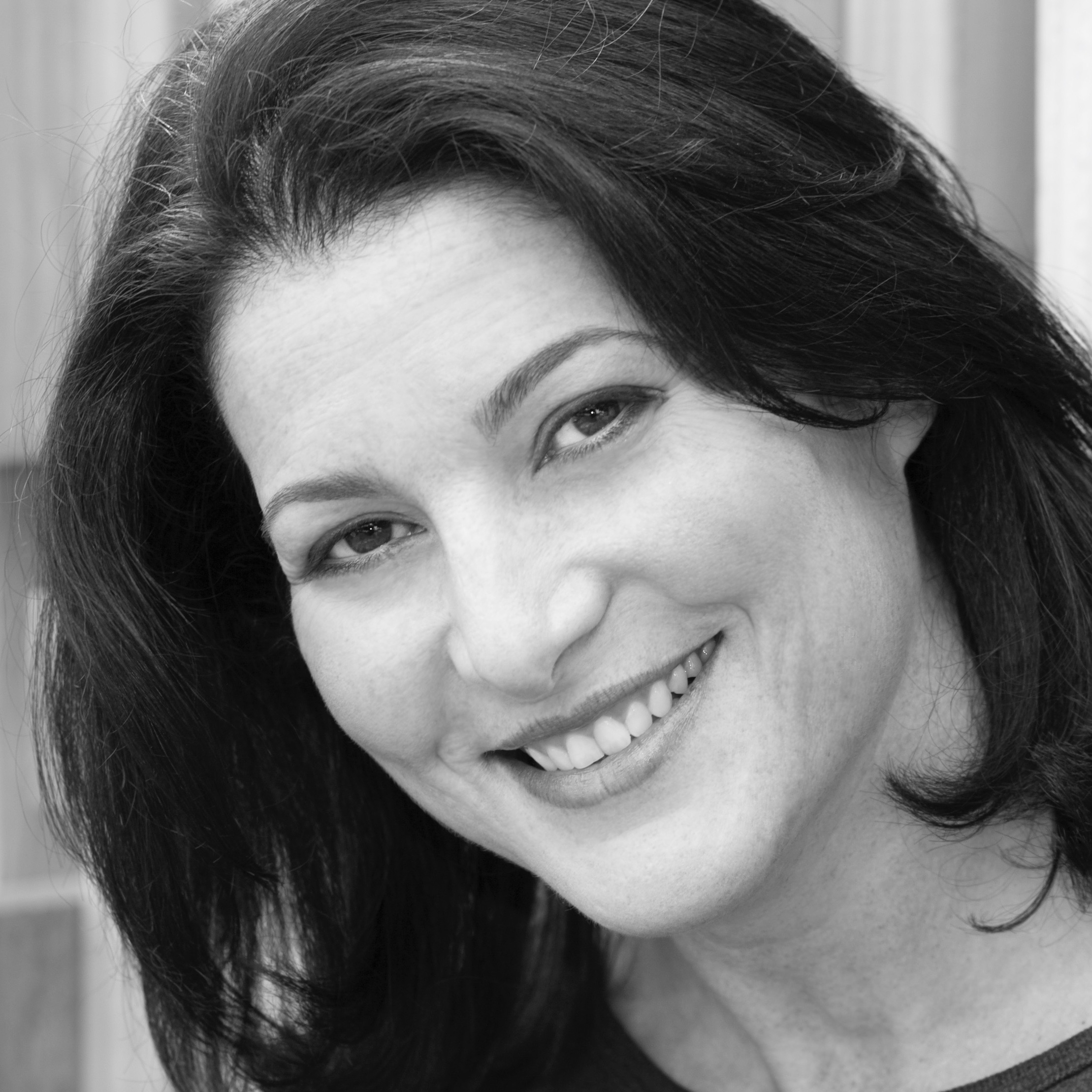 Photo by photovs/Getty Images
Photo by photovs/Getty Images Home Shalom promotes healthy relationships and facilitates the creation of judgement free, safe spaces in the Jewish community. Home Shalom is a program of The Advot Project.
Please contact us if you are interested in a workshop and presentation about healthy relationships, self-worth or communication tools.
“Go and see what the people are doing.” – Talmud Berahot 45a
There is a fascinating discussion in the Talmud concerning the blessings that accompany food and drink. Unlike today, at the time of the Talmud 1500 years ago, there were no fixed and agreed upon rules concerning how and when to use each blessing that Jewish tradition ultimately attached to almost every act that any person might do. In this particular discussion, the sages were arguing over what blessing to say before someone drinks water. The Mishnah begins with an anonymous rabbinic voice suggesting that the blessing should be: “Blessed are You, Adonai our God, Sovereign of the universe by whose word all things come into being (shehakol nihyeh bidvaro).” Rabbi Tarfon disagrees and suggests the blessing ends, “…who creates many beings and their needs (boray nefashot rabbot).” By the time the discussion is reproduced in the Talmud, a third rabbi named Rava bar Rav Hanan resolves the problem by creating a principle that becomes one of the most important in all of Jewish tradition, which is this: “Go and see what the people are doing.”
Jewish civilization has always been unified in its rejection of the absolute authority of rabbis or priests and, instead, its reliance on the wisdom that emerges from the lives of the Jewish people themselves. This is why there has never emerged a singular rabbinic authority like Catholics have with the Pope, for instance. There is no single authority who can issue “official” decrees that all Jews must follow.
This discussion in the Talmud is the epitome of how Judaism has actually functioned throughout history, which is in such a way that customs, traditions and the norms of Jewish life ultimately emerge from the lives of Jews themselves. Judaism is intended not to be an esoteric religious tradition but one that gives meaning and purpose, joy and celebration, in the lives of those who live it. “Go and see what the people are doing” is a reminder that for a religious tradition to matter it must inspire us with rituals and customs that bring meaning to our lives every day.























 More news and opinions than at a Shabbat dinner, right in your inbox.
More news and opinions than at a Shabbat dinner, right in your inbox.